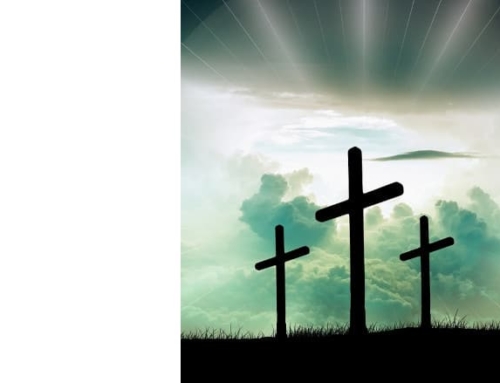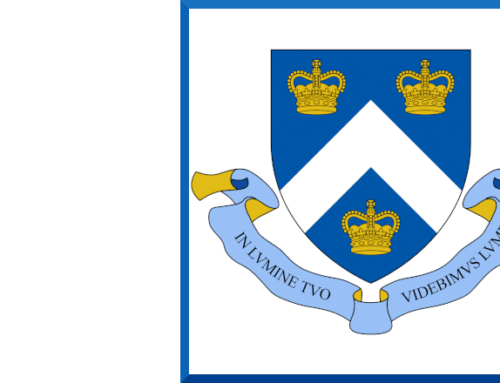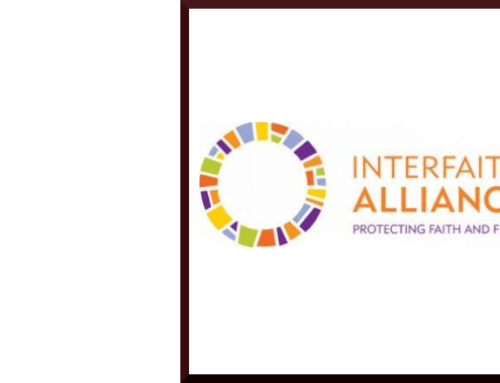Catholic League president Bill Donohue comments on the Boston Globe‘s practice of keeping confidential the names of employees charged with sexual abuse:
In the 1970s, a senior editor at the Boston Globe was known to sexually harass young female workers. He would ply them with alcohol and then make advances. More important, he was not the only one who preyed on women. But nothing was done to stop him, or the others.
Sexual abuse is still going on at the Globe. In March, a young woman employee filed a complaint against a male journalist with human resources. She said he propositioned her to have sex with his wife. But nothing came of it. One year ago, the same man propositioned her to have sex with him. He was allowed to stay on the job, until, that is, more accusations were made against him from outside the office.
So who is he? The Globe refuses to say. They declared this to be a “confidential personnel matter.” Indeed, they are proud of covering up for the predator. Globe editor Brian McGrory says he knows he will be accused of hypocrisy, but says, “I can live with that far more easily than I can live with the thought of sacrificing our values to slake the thirst of this moment.”
What are those company values, Mr. McGrory? Honesty? Consistency? Fairness? Transparency? Not on your life. What about fidelity to the law? Under Massachusetts law, sexual harassment in the workplace covers both verbal and physical conduct. The law explicitly says that sexual advances and requests for sexual favors constitute sexual harassment.
There is no reason to think that this kind of cover-up isn’t going on at other media outlets (predators were known to senior employees at NPR and the New York Times and nothing was done about it). What makes the Globe worse is that it refuses to hold itself to the same standard it insists that the Catholic Church must respect. To top things off, sexual harassment in the workplace is still going on, and its boss is bragging how confidentiality rights matter more than full disclosure.
In 2002, the investigative staff of the Boston Globe published a book, Betrayal: The Crisis in the Catholic Church; it detailed its findings on the sexual scandal in the Archdiocese of Boston. On the second page of the Foreword by Ben Bradlee Jr., he notes how the archdiocese settled claims of priestly sexual abuse “in private, with no public record.” Is that not what McGrory is now counseling—even touting—as the proper response to his miscreant employees?
On the next page, Bradlee writes how brave it was for the Globe’s editor, Martin Baron, to challenge a judge’s confidentiality order “on the grounds that the public interest in unsealing the documents [of offending priests] outweighed the privacy concerns of the litigants” of the Boston archdiocese. We can only assume that “privacy rights” constitute the “values” that McGrory covets—for the Globe, that is. They certainly do not apply to the Catholic Church.
The editorial page of the Boston Globe has been relentless in calling out the Catholic Church for its reluctance to name the names of priests who have been disciplined for sexual abuse, even though it now insists it has no obligation to name the names of its employees who have been disciplined for such offenses. Here is an example of its editorial treatment of the Church.
- It accused the Church of a “code of silence” about abusive priests. (7/20/92)
- “It’s time for the secrecy to end.” (1/9/02)
- “Compassionate means exist to resolve these cases, but only if the Archdiocese of Boston provides the names of victims to law enforcement officials.” (2/27/02)
- After accusing the Boston archdiocese of a “veil of secrecy,” it wrote that “Full disclosure ought to be standard practice throughout the Catholic Church in the United States.” (3/13/02)
- “The essence of the sexual abuse crisis in the Catholic Church was clerical power and secrecy.” (6/16/03)
- It noted that “the district attorney criticized O’Malley [when the Boston archbishop was Bishop of Fall River] for not releasing names of priests involved in long-ago cases of abuse until the Boston scandal flared last year.” (7/2/03)
- It said Boston Archbishop Bernard Law was forced to resign because he would not release “confidential church personnel files.” (7/17/07)
- It accused Pope Benedict XVI of ruling over a “secretive culture.” (4/25/10)
- It said the Church had “kept information from parishioners” about offending priests. (7/21/10)
- It said that “over the years, a lack of transparency has been a problem for the Boston archdiocese.” (3/25/11)
- Archbishop O’Malley, it said, prevailed over an archdiocese that lacked transparency, noting that “The linchpin was secrecy.” (8/27/11)
- It heralded Archbishop O’Malley’s decision to “release the names of priests accused of abuse,” imploring him to do more. (9/17/11)
This is just a sample of the editorials criticizing the Catholic Church for keeping names of molesting priests confidential. If we were to include news stories and op-eds that did the same, we could fill a book.
If the Boston Globe had any integrity, it would not have one standard for itself and one for the Catholic Church. But it plainly does, and that is why its credibility, at least on this matter, is shot.
We need Hollywood to do a “Spotlight” film on the corruption within the Boston Globe. But that is not likely to happen: studio moguls, actors, and entertainers—most of whom feel about the Catholic Church the way the Globe does—are too embroiled in sexual abuse scandals of their own.







